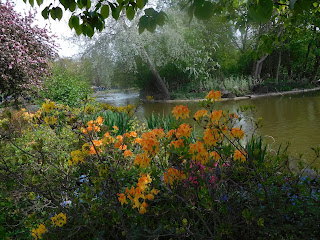What British Muslims think about the term 'British values'
Lee Jarvis, University of East Anglia ; Eylem Atakav, University of East Anglia , and Lee Marsden, University of East Anglia Channel 4’s recent programme My Week as a Muslim , in which a non-Muslim woman lived with a Pakistani family for a week, was a reminder of the ongoing curiosity about Muslim life in British society. The programme was criticised for its use of “brownfacing” as the woman wore dark make-up and a niqab to appear Pakistani – highlighting the resilience of assumptions that British Muslims are non-white or somehow non-British. This abiding curiosity about how Muslims live and what Muslims think frequently stems from enduring concerns around integration. In the past, such concerns were usually couched in the language of multiculturalism or community cohesion, but today they are often centred around the idea of “British values”. While the meaning of the term remains unclear, it saturates public life in areas as diverse as counter-radicalisation policy a...


